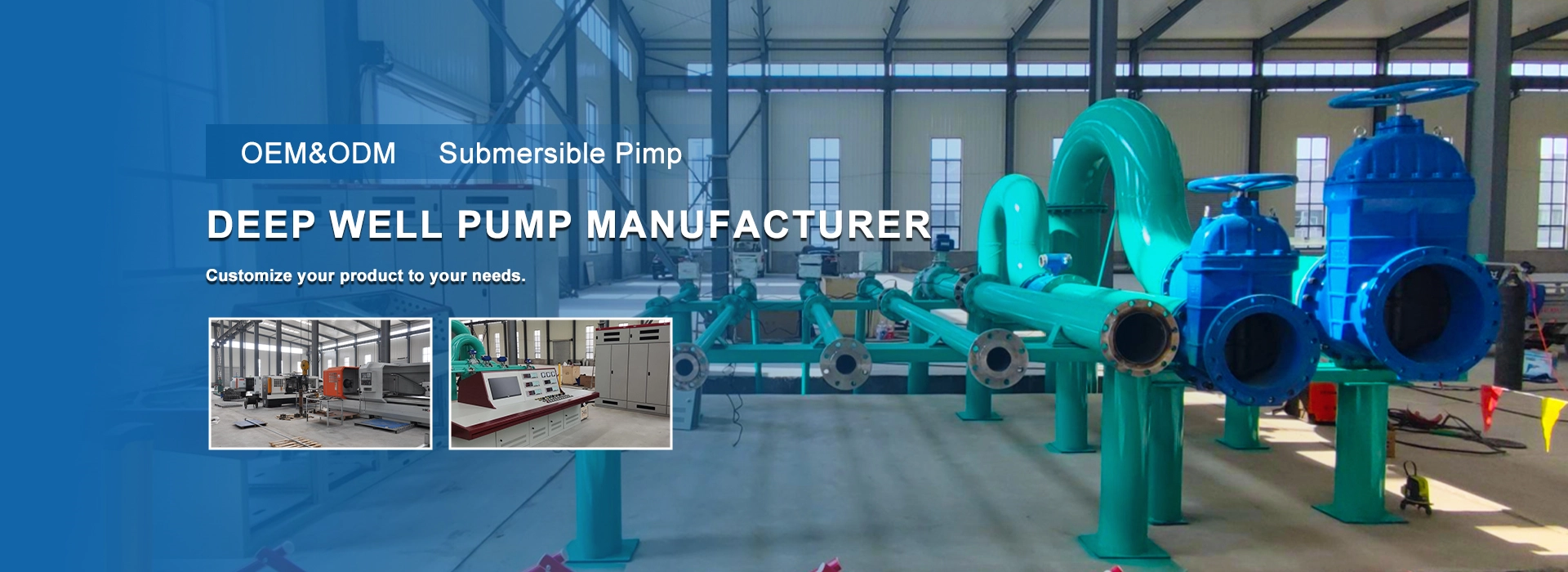Sep . 28, 2024 16:07 Back to list
Design and Applications of Shallow Submersible Well Pumps for Efficient Water Extraction
Shallow Submersible Well Pumps An Overview
Shallow submersible well pumps are vital components in modern water supply systems, particularly in rural and remote areas where access to clean water can be a challenge. Typically designed for wells that are less than 25 feet deep, these pumps are efficient and easy to install, making them a popular choice for homeowners and agricultural applications alike.
Working Principle
Shallow submersible well pumps operate by being submerged in the water they are tasked to move. Unlike their deep-well counterparts, which can operate at much greater depths, shallow pumps have a simpler design that allows for effective water extraction from relatively shallow aquifers. The pump is placed below the water level, and as it operates, it uses a series of impellers to create pressure that forces water up through a delivery pipe to the surface.
Components of Shallow Submersible Pumps
A typical shallow submersible well pump consists of several key components
1. Motor The motor is usually located at the top of the pump assembly and is responsible for driving the impellers. In many designs, the motor is cooled by the surrounding water, enhancing efficiency and prolonging lifespan.
2. Impellers These are the heart of the pump, converting rotational energy from the motor into fluid energy. The number of impellers can vary depending on the design and required flow rate.
3. Pump body This housing contains the motor and impellers. It is typically made from materials resistant to corrosion to ensure longevity, given the harsh water environments in which they often operate.
4. Discharge head This component is positioned at the top of the well and helps to direct the flow of water into a pipeline or storage system.
shallow submersible well pump

5. Control box Often included as part of the system, the control box regulates the power supply to the motor and may include features like overload protection and automatic controls.
Advantages of Shallow Submersible Well Pumps
One of the primary advantages of shallow submersible pumps is their installation convenience. Since they are designed for shallow applications, the installation process is generally quicker and requires less specialized equipment compared to deep well pumps. Additionally, because they operate submersibly, they are typically quieter; there is no external motor noise, which is beneficial for residential settings.
Moreover, these pumps often have lower energy requirements, making them more cost-effective over time. Their straightforward design also means that routine maintenance and repairs tend to be more manageable for most users.
Applications
Shallow submersible well pumps are versatile tools used in a variety of settings. They are commonly found in agricultural irrigation systems, providing essential water supply for crops in areas where surface water is unavailable. They also serve residential needs, supplying water for household use in areas reliant on wells.
Furthermore, these pumps can be used in commercial settings, such as water features in parks or fountains, as well as in disaster recovery efforts where immediate access to water is needed.
Conclusion
In summary, shallow submersible well pumps are practical solutions for water extraction in shallow wells. Their efficiency, ease of installation, and versatility make them ideal for various applications, from residential use to agricultural irrigation. As water scarcity continues to be a significant global issue, the importance of such pumps will be increasingly recognized, providing accessible solutions to meet the growing demand for fresh water. As technology advances, we may expect further enhancements in pump design, improving efficiency and extending the lifespan of these essential devices.
-
Submersible Water Pump: The Efficient 'Power Pioneer' of the Underwater World
NewsJul.01,2025
-
Submersible Pond Pump: The Hidden Guardian of Water Landscape Ecology
NewsJul.01,2025
-
Stainless Well Pump: A Reliable and Durable Pumping Main Force
NewsJul.01,2025
-
Stainless Steel Submersible Pump: An Efficient and Versatile Tool for Underwater Operations
NewsJul.01,2025
-
Deep Well Submersible Pump: An Efficient 'Sucker' of Groundwater Sources
NewsJul.01,2025
-
Deep Water Well Pump: An Efficient 'Sucker' of Groundwater Sources
NewsJul.01,2025
-
 Submersible Water Pump: The Efficient 'Power Pioneer' of the Underwater WorldIn the field of hydraulic equipment, the Submersible Water Pump has become the core equipment for underwater operations and water resource transportation due to its unique design and excellent performance.Detail
Submersible Water Pump: The Efficient 'Power Pioneer' of the Underwater WorldIn the field of hydraulic equipment, the Submersible Water Pump has become the core equipment for underwater operations and water resource transportation due to its unique design and excellent performance.Detail -
 Submersible Pond Pump: The Hidden Guardian of Water Landscape EcologyIn courtyard landscapes, ecological ponds, and even small-scale water conservancy projects, there is a silent yet indispensable equipment - the Submersible Pond Pump.Detail
Submersible Pond Pump: The Hidden Guardian of Water Landscape EcologyIn courtyard landscapes, ecological ponds, and even small-scale water conservancy projects, there is a silent yet indispensable equipment - the Submersible Pond Pump.Detail -
 Stainless Well Pump: A Reliable and Durable Pumping Main ForceIn the field of water resource transportation, Stainless Well Pump has become the core equipment for various pumping scenarios with its excellent performance and reliable quality.Detail
Stainless Well Pump: A Reliable and Durable Pumping Main ForceIn the field of water resource transportation, Stainless Well Pump has become the core equipment for various pumping scenarios with its excellent performance and reliable quality.Detail
